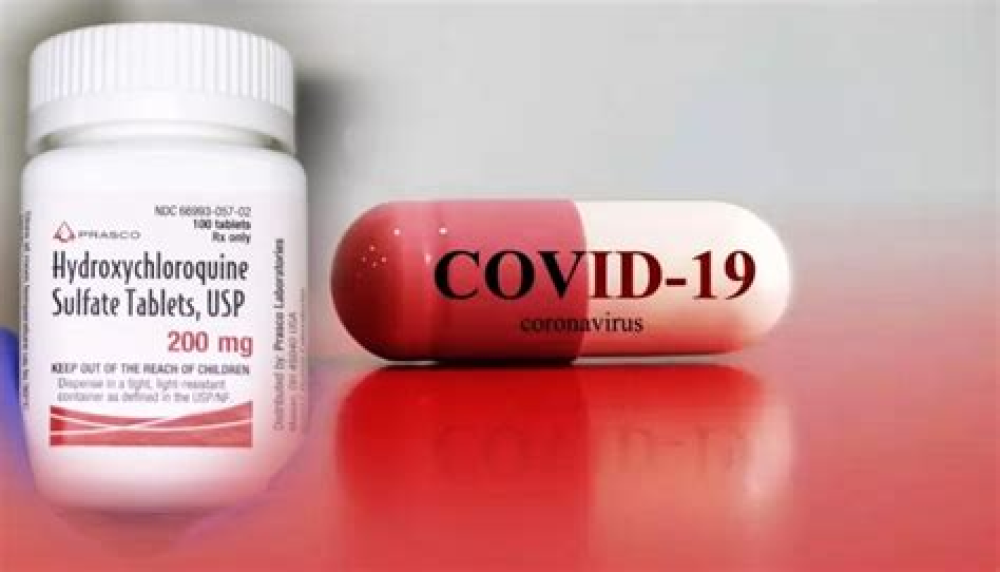Authors: Myron S. Cohen, M.D.
Severe acute respiratory syndrome coronavirus 2 (SARS-CoV-2), the virus that causes coronavirus disease 2019 (Covid-19), has generated a worldwide pandemic. The interruption of its spread depends on a combination of pharmacologic and nonpharmacologic interventions. Initial SARS-CoV-2 prevention includes social distancing, the use of face masks, environmental hygiene, and hand washing.1 Although the most important pharmacologic interventions to prevent SARS-CoV-2 infection are likely to be vaccines, the repurposing of established drugs for short-term prophylaxis is another, more immediate option.
Some researchers have promoted chloroquine and hydroxychloroquine for the treatment and prevention of illness from a variety of microorganisms, including SARS-CoV.2 Hydroxychloroquine can inhibit replication of SARS-CoV-2 in vitro.3 Some observational studies have suggested benefits of hydroxychloroquine for the treatment of Covid-19, whereas other treatment reports have described mixed results.4
Boulware et al. now report in the Journal the results of a randomized trial testing hydroxychloroquine as postexposure prophylaxis for Covid-19.5 This is described by the investigators as a “pragmatic” trial in which participants were recruited through social media and almost all data were reported by the participants. Adults who described a high-risk or moderate-risk exposure to someone with Covid-19 in their household or an occupational setting were provided hydroxychloroquine or placebo (by mail) within 4 days after the reported exposure, and before symptoms would be expected to develop. The authors enrolled 821 participants; an illness that was considered to be consistent with Covid-19 developed in 107 participants (13.0%) but was confirmed by polymerase-chain-reaction assay in less than 3% of the participants. The incidence of a new illness compatible with Covid-19 did not differ significantly between participants receiving hydroxychloroquine (49 of 414 [11.8%]) and those receiving placebo (58 of 407 [14.3%]). Although participant-reported side effects were significantly more common in those receiving hydroxychloroquine (40.1%) than in those receiving placebo (16.8%), no serious adverse reactions were reported.
This trial has many limitations, acknowledged by the investigators. The trial methods did not allow consistent proof of exposure to SARS-CoV-2 or consistent laboratory confirmation that the symptom complex that was reported represented a SARS-CoV-2 infection. Indeed, the specificity of participant-reported Covid-19 symptoms is low,6 so it is hard to be certain how many participants in the trial actually had Covid-19. Adherence to the interventions could not be monitored, and participants reported less-than-perfect adherence, more notably in the group receiving hydroxychloroquine. In addition, those enrolled in the trial were younger (median age, 40 years) and had fewer coexisting conditions than persons in whom severe Covid-19 is most likely to develop,7 so enrollment of higher-risk participants might have yielded a different result.
For More Information: https://www.nejm.org/doi/full/10.1056/NEJMe2020388
